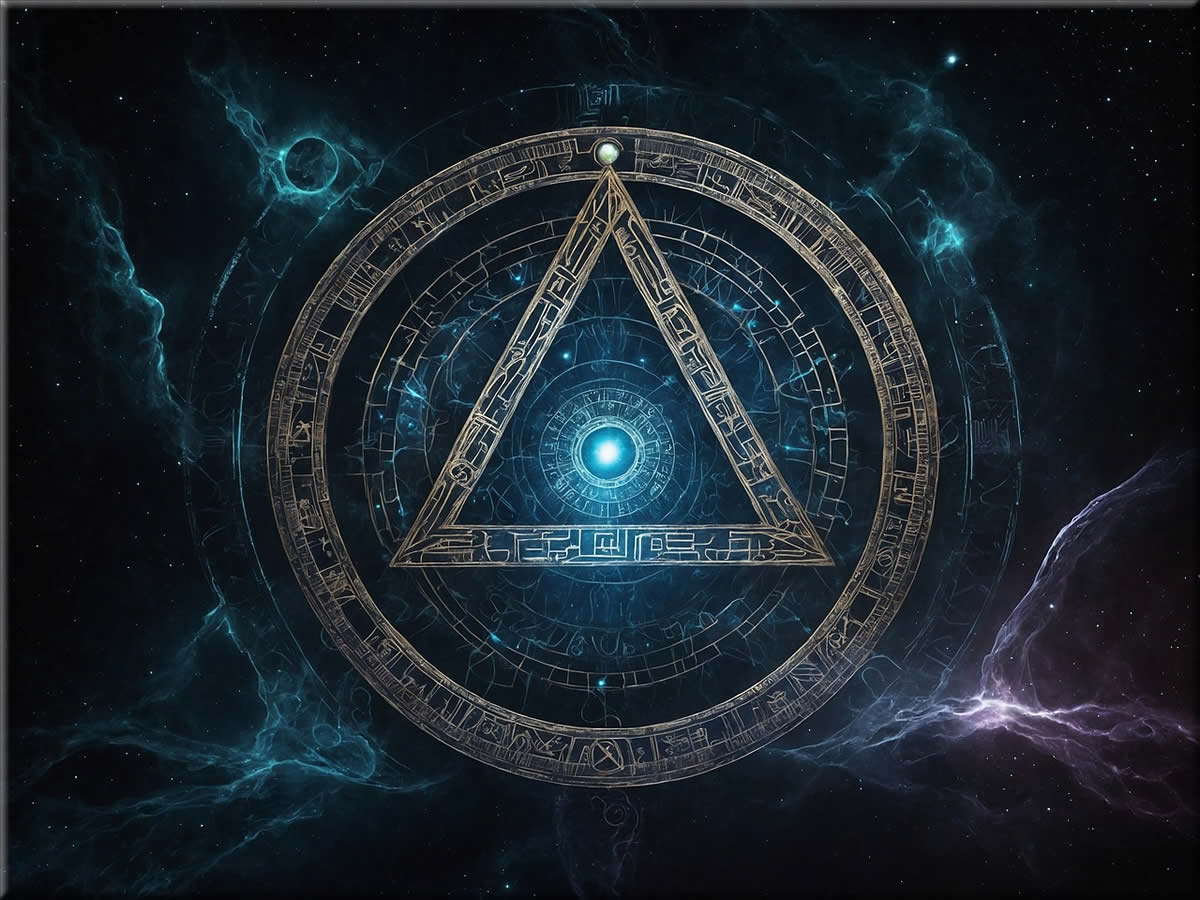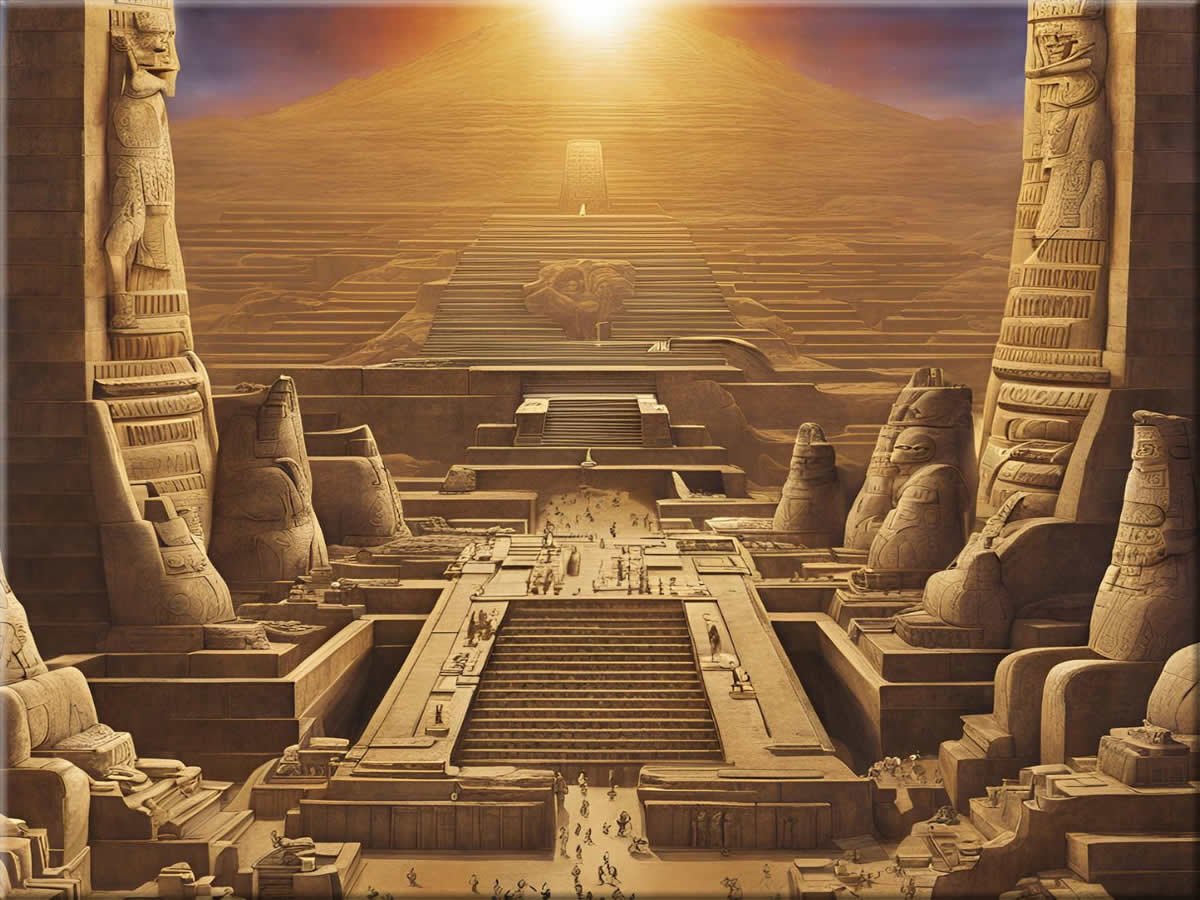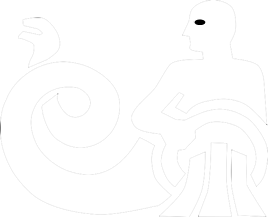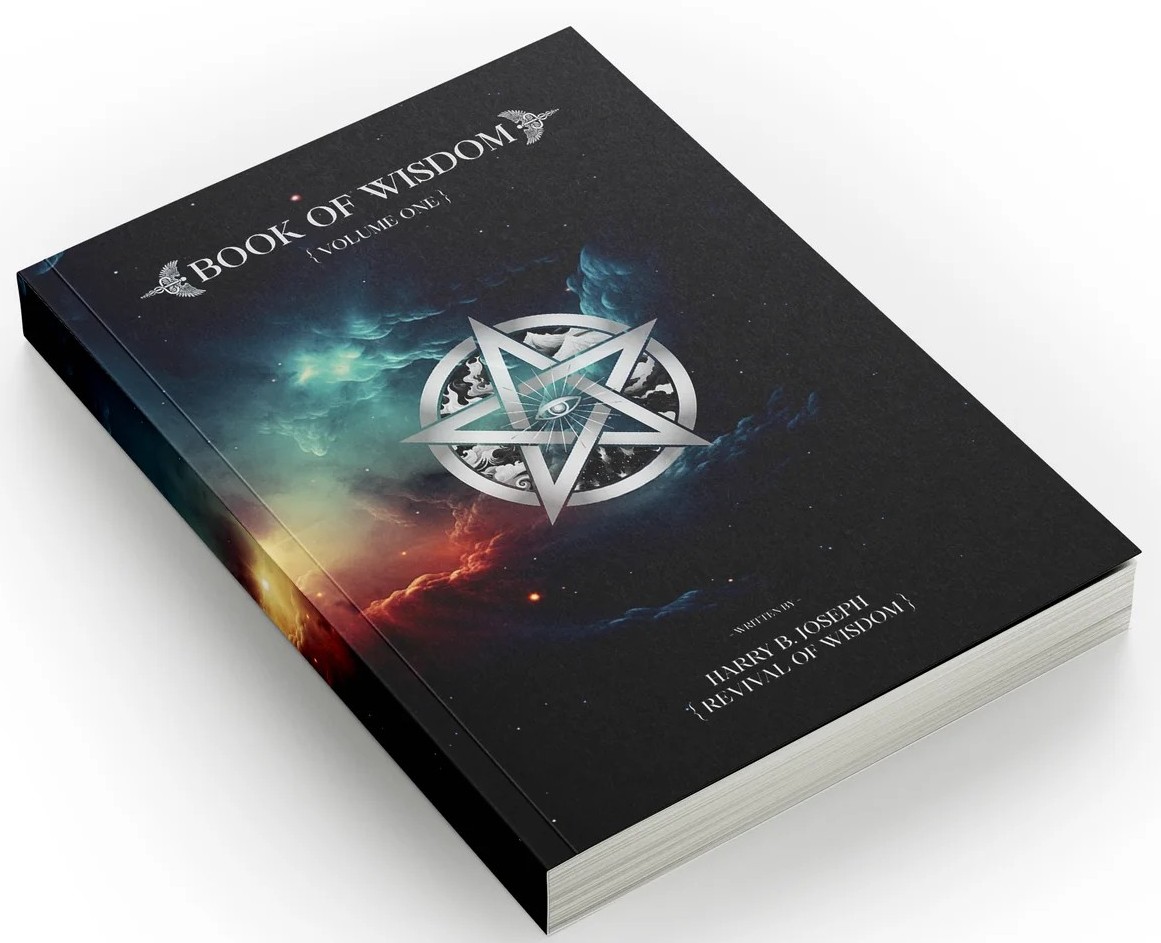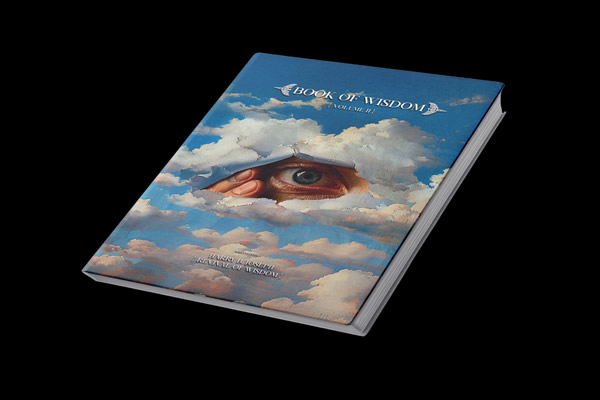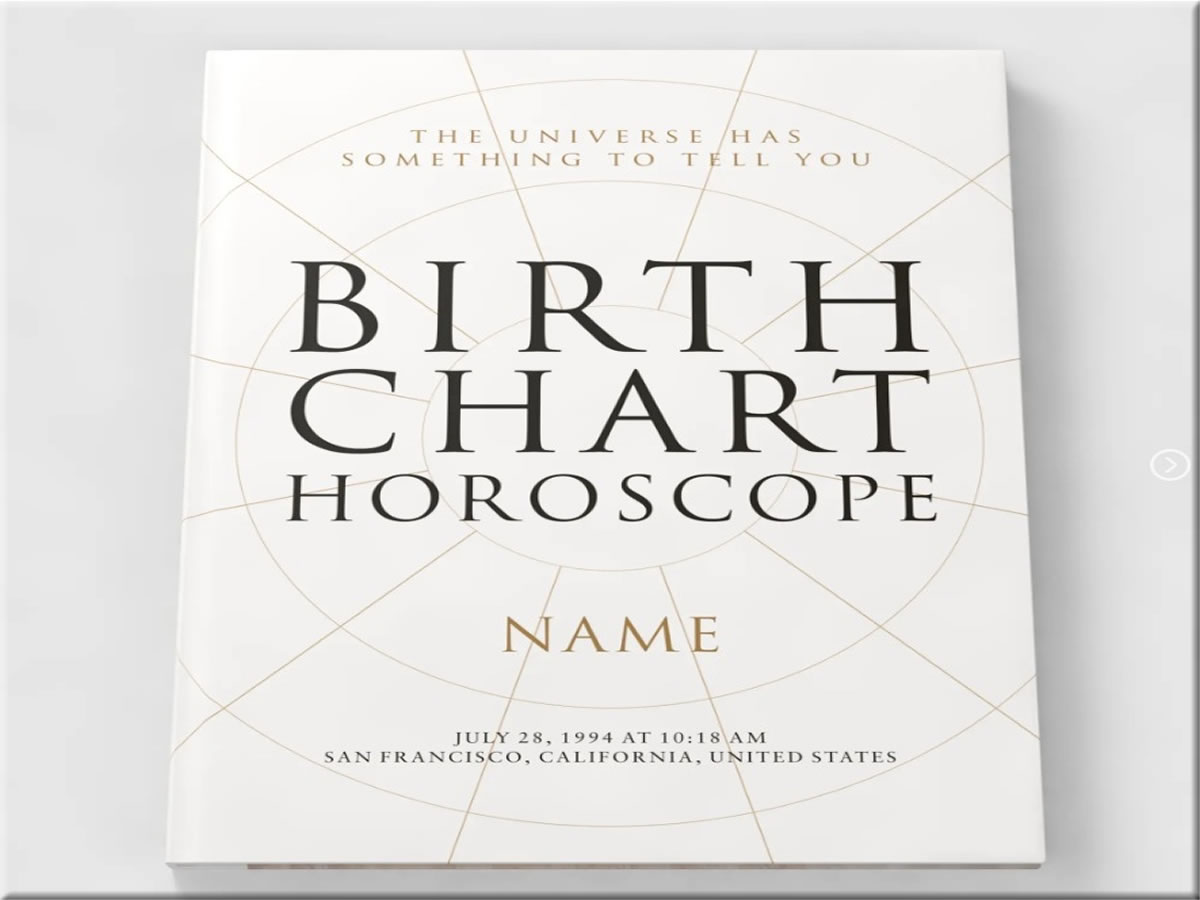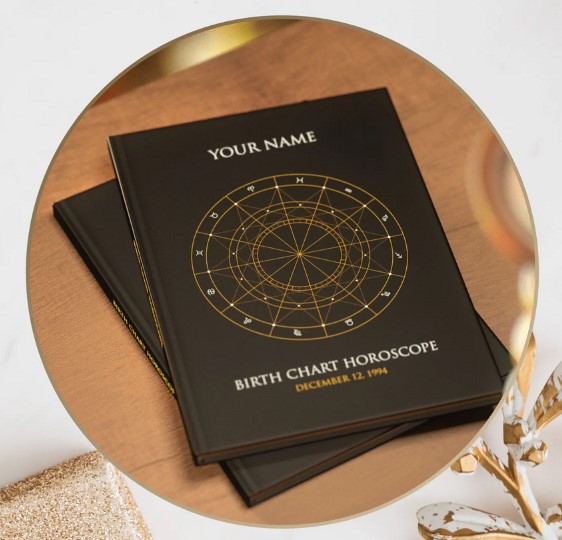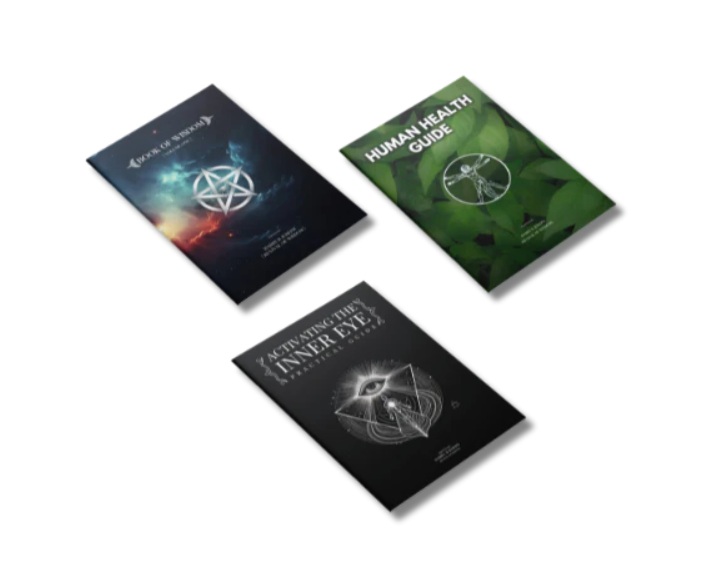
Bardo Thodol: The Tibetan Book Of The Dead
The Bardo Thodol, often referred to as the Tibetan Book of the Dead, is more than just a religious text; it is a profound guide to the afterlife. Its origins trace back to the eighth century in the rich spiritual landscape of Tibetan Buddhism. This text serves as a guide, a compass for the soul as it transitions between spaces of existence.
The term ‘Bardo’ refers to transitional or liminal states that we encounter, not merely after death, but at various points in life. These are stages where our old existence has come to an end, and a new one is yet to emerge. Understanding these stages helps one prepare for the inevitable crossings we all face.
Check out more videos on our YouTube channel
In Tibetan culture, the Bardo Thodol is more than a philosophical read. It’s an integral part of funerary practices. Monks and family members chant the text to guide the departed through the intermediary phases of death. The cadence and intonation of these chants aren’t random; they hold specific meanings aimed at aiding the dead in overcoming their fears and confusions.
Despite its ancient origins, the Bardo Thodol has deeply intrigued the Western world. Many find that it illuminates the human journey in death, offering comfort and insight into what lies beyond. This has influenced how life and death are perceived across cultures, suggesting a shared human curiosity about the end of life and what follows.
The Three Bardos: Mapping the Road Between Lifetimes
The journey through death, as described in the Bardo Thodol, includes distinct stages, each with its own experiences and challenges. This breakdown into the three Bardos offers a roadmap for souls navigating the transition between lifetimes.
Chikhai Bardo marks the initial moment right after death. In these early moments, the deceased confronts the clarity of consciousness, often encountering a stark revelation of truth. Preparing the mind and spirit for this phase can help ease the shock and facilitate the soul’s journey towards acceptance and understanding.
Moving into Chonyid Bardo, the soul experiences visions of deities, each embodying aspects of peace and wrath. These aren’t arbitrary figures; they serve as symbolic manifestations of one’s consciousness and emotions. Facing them with courage and open-heartedness can lead to profound revelations and a deeper understanding.

Sidpa Bardo represents the phase where the soul seeks reincarnation. The choices made here determine the future lives and paths that individuals will follow. Barriers and opportunities at this stage reflect individual karma and life decisions. It underscores the importance of making compassionate and wise choices during life to ease this part of the journey.
Today, many people apply these stages not just in spiritual practices or at the time of death. The principles of facing fears, understanding self, and making mindful decisions resonate broadly, offering guidance and growth even in everyday life. By studying the Bardos, anyone can prepare for their ultimate transition with peace and wisdom.
Guiding the Departed: The Role of the Living
A crucial aspect of the Bardo Thodol’s teachings emphasizes the responsibilities of the living. Families and spiritual leaders play a vital role in guiding a departed soul through its journey by providing love, support, and direction through prayers and spiritual rituals.
These rituals often involve chanting, a tradition that has been passed down through generations. Each chant serves multiple purposes: directing the soul, reassuring the deceased, and creating a sacred atmosphere. These practices aim to connect the ephemeral soul with the realms it must navigate on its path to reincarnation.
The Book of Wisdom is a must-have book for every free-thinker and truth-seeker. It offers a wealth of knowledge, encompassing both surface-level truths and deep, hidden insights from the esoteric realm.
Symbolism is heavily embedded within these rituals. From the colors used to the images invoked during the chanting, everything is designed with profound meaning. Learning and understanding these symbols can deepen one’s connection with the process and provide solace to those mourning.
The emotional impact of these practices extends beyond the deceased. For the living, carrying out these rituals fosters a sense of closure and peace. It emphasizes the continuity of life, easing the grieving process by nurturing an understanding of death as a transition rather than an end. Engaging actively in these practices helps both the departed and those left behind find peace and acceptance.
Exploring Consciousness: A Psychological and Philosophical Lens
The Bardo Thodol provides rich insights that transcend religious boundaries, particularly in the realm of understanding consciousness. The text aligns with many modern psychological practices, like mindfulness, by emphasizing awareness and presence.
Conscious awareness during the Bardo journey reflects a deep understanding of the mind, paralleling many contemporary psychological theories. Recognizing and confronting personal fears, projections, and desires during these stages can mirror a therapeutic process.
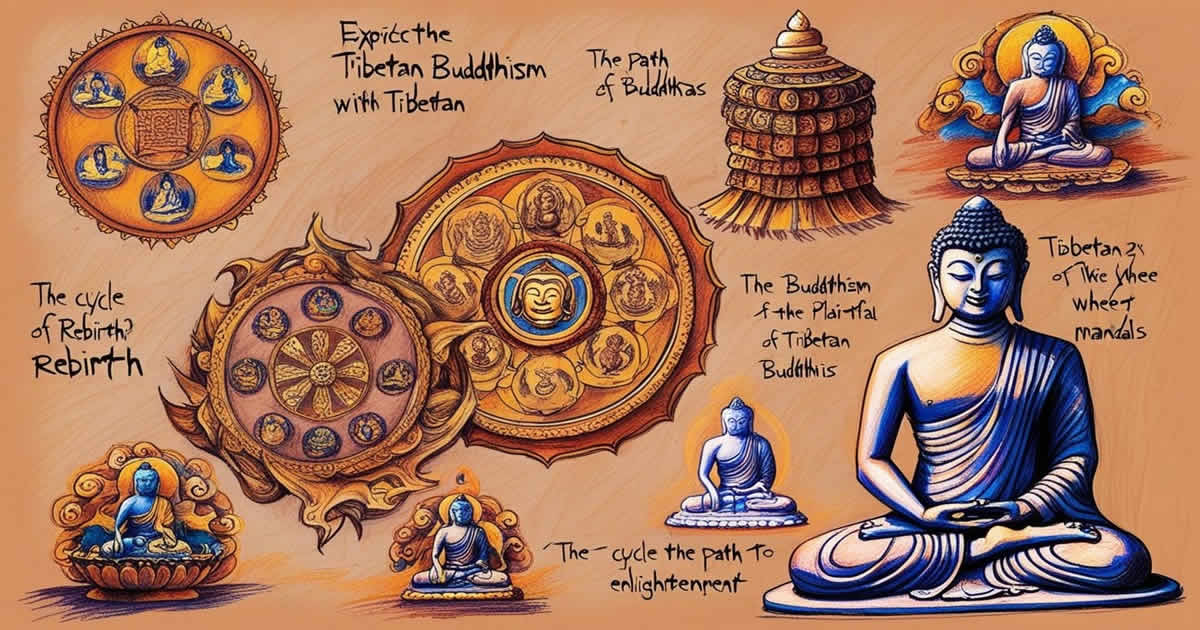
Comparing Tibetan philosophies to Western ideas about death and rebirth highlights fascinating cross-cultural similarities and differences. While Tibetan views focus on continuous cycles of life and consciousness, Western thoughts often oscillate between finality and spiritual transcendence.
Engagement with Bardo teachings can lead to personal transformation. Contemplating these ideas encourages profound introspection, leading individuals to live with greater mindfulness, presence, and understanding. For many, engaging with these concepts offers tools for mental clarity and emotional balance.
Beyond Religion: The Universal Teachings of the Bardo Thodol
While deeply rooted in Tibetan Buddhism, the teachings of the Bardo Thodol transcend specific religious contexts and reach a broader audience with universal messages about life and death.
Facing the fear of death is a central theme in the text. By encouraging readers to confront mortality with courage and clarity, the Bardo Thodol fosters profound personal growth and a deeper understanding of life. This wisdom can help anyone, regardless of spiritual belief, to live more fully and fearlessly.
Beyond death, the text’s principles can be applied in daily life to enhance mindfulness and presence. By fostering awareness of the transient nature of life, individuals can cultivate greater appreciation and presence in every moment.
Volume 2 continues the profound themes introduced in the predecessor even deeper into the complexities of existence and the pursuit of knowledge, encouraging readers to question established beliefs.
The enduring impact of the Bardo Thodol is evident in its influence on contemporary culture. It inspires not just spiritual seekers but also artists, writers, and thinkers who explore the mysteries of existence, encouraging an inclusive exploration of human experience.
Whether viewed as a spiritual guide or a philosophical text, the Bardo Thodol challenges us to reflect on our existence, embrace the unknown, and find peace in the natural cycles of life. Its teachings remain relevant, providing a timeless source of insight and reflection.
Related Topics
